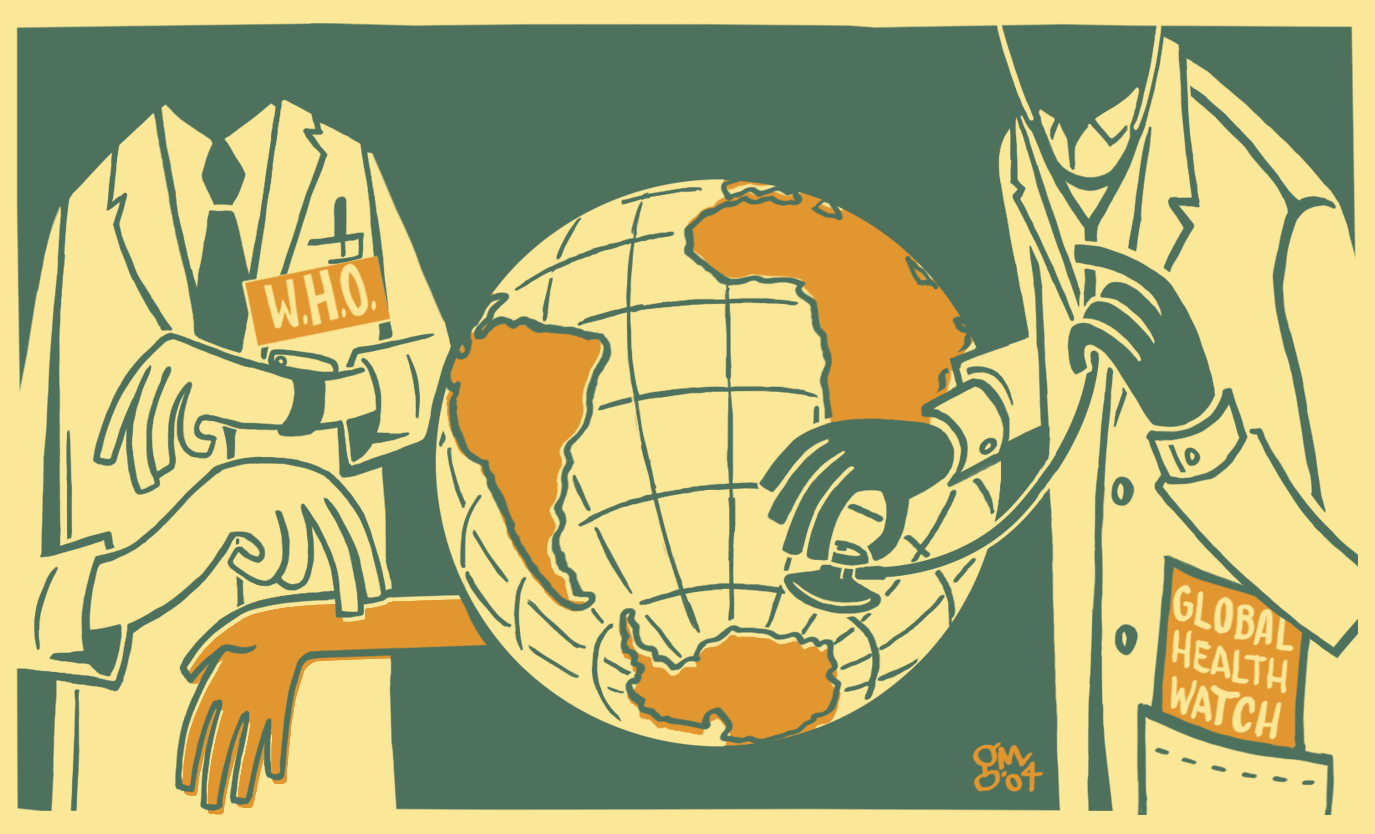
Two interns working with the Global Justice Movement through Catholic Relief Services (CRS) at the Center for Common Good traveled to New York to attend a CRS-sponsored conference co-hosted by Fordham University and Caritas International at the United Nations headquarters. CRS operates in more than 100 countries and is known for its work on various global relief issues, such as the refugee crisis, world hunger, climate change, public health crises, and emergency response.
Sutton, one of two interns, revealed that the prime focus of the conference was the “Francis Poverty Index Score for 2022,” a different way of measuring global poverty that focuses not only on the growing deprivations of food, water, and shelter. But it also emphasizes the importance of people having access to employment, education, gender equality, and religious freedom. According to the index, the score is 26, meaning that a quarter of the world’s population suffers from poverty and related crises. This result is in stark contrast to recent global trends, which show that poverty is gradually decreasing, but on the contrary, an increase in global poverty is recorded in 2022.
The rising global poverty could be blamed on the following three factors,
The first is COVID-19, which has undoubtedly caused enormous damage to fragile healthcare systems and economies in troubled parts of the planet and the rest of the world. According to CRS Executive Vice President Speaker William O’Keefe, it came about because old farming practices conflicted with herders, leading to food shortages in western sub-Saharan Africa. Another factor is local, regional, and state conflicts. CRS was fortunate to penetrate such communities and provide education on new water irrigation and farming practices so that the area has sufficient water and food to reduce conflict.
Finally, climate change is one of the most significant issues for regions such as sub-Saharan Africa and Southeast Asia that depend on specialized farming or seasonal weather for agriculture and farming. These areas are most vulnerable to these climate changes because they depend entirely on cyclical rainfall that no longer occurs. The weather in these places has become as unpredictable as ever, and farming methods used for generations are no longer producing food.
Schultz, another intern, said universities across the United States, including the University of St. Thomas, have chapters dedicated to CRS’s administrative services. The University of St. Thomas chapter is called Global Justice Movement. Like the books at the conference, CRS continues to emphasize its mission to send aid wherever and whenever needed worldwide and to provide relevant services such as global famine relief, children’s education, and empowering people to pave their way to success.
CRS also strongly empowers local community members to take responsibility for community cohesion and strengthen local economies rather than bringing in foreign actors.
The Global Justice Movement, through the CRS Group in St. Thomas, revealed that they would hold a table in the Anderson Student Center on December 6, 8, and 13, 2022. All members of congress are invited and urged to fill out an advocacy form to support the Global Food Security Reauthorization Act, which helps small-scale farmers gain access to equipment and training to produce more food, improve nutrition and reduce poverty. The hunger-fighting legislation is expected to be passed by the end of the year 2023 as an amendment to the National Defense Authorization Act.






